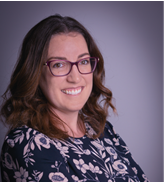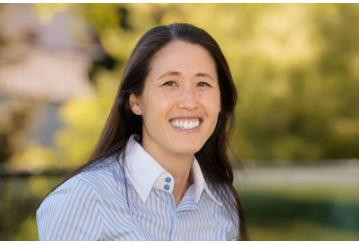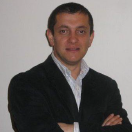Panel 1: 40 Years: Reflections on the Past and Visions for the Future
Wednedsay 1/24, 9:30 - 10:15 am
Michael Haverty, Applied Materials
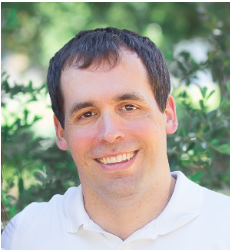
Michael Haverty is a Director and Distinguished Member of Technical Staff at Applied Materials with degrees in Materials and Computer Science from Johns Hopkins and Stanford. He began his career as an intern as Intel’s first Materials modeler during the first internet boom in 2001 and now leads one of the largest atomic-scale modeling teams in the semiconductor industry. He’s worked with some of the earliest developing software companies in the field, in the startup world as a VP of Science, his own modeling consulting firm, and advising new start-ups in the area. He has a wide range of 30+ granted and in-process patents, funded and collaborated with academics through SRC and direct funding research projects, and obtained and worked on multiple US and European government funded grant projects. Now leading the Materials Design team at Applied he focuses the team on discovering, screening, and designing new materials, precursor chemistries, and manufacturing strategies to extract tangible value for their experimental partners.
Dirk Pfeiffer, IBM
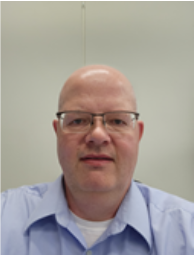
Dr. Dirk Pfeiffer is the Director of the Microelectronics Research Laboratory (MRL) at the IBM TJ Watson Research Center in Yorktown Heights, NY. The MRL is a state of the art 200mm wafer scale nanofabrication facility, offering a wide range of design and fabrication services, ranging from novel devices fabrication to packaging, test, design, characterization, electronics, system integration and assembly. The laboratory supports a broad range of prototyping and “lab to fab” projects to develop new computing technologies for IBM including quantum computing, neuromorphic devices for AI based computing architectures, Semiconductor device and unit process development and other. Dr Pfeiffer has been with IBM Research for 23 years and has a Ph.D. in Chemistry.
Michael Perrott, Texas Instruments
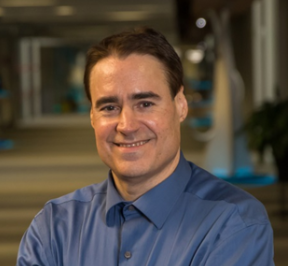
Michael H. Perrott has focused on development of new mixed-signal architectures for high performance timing circuits, including analog and digital fractional-N synthesizers, hybrid analog/digital clock and data recovery circuits, and MEMS based timing solutions. Additional areas include VCO-based analog-to-digital conversion, high resolution temperature sensing, and high SNR, wide dynamic range MEMS digital microphones. He is the developer of the widely used CppSim simulation package for phase-locked loop circuits. He is an IEEE Fellow and has served the IEEE SSCS society as a Distinguished Lecturer and as an elected member of AdCom, where he helped launch the SSCS Webinar Program.
Fredrik Dahlgren, Ericsson
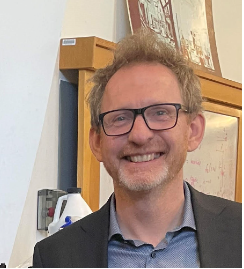
Fredrik Dahlgren is Head of Device Platform Research at Ericsson Research, a unit he started in December 2017, and which now consists of 30 researchers (more than 50% of whom hold a PhD). He is also an Adjunct Professor at Chalmers University of Technology. Before this, he was Director of WARA, the Research Arenas of the Wallenberg Autonomous Systems and AI research program, during 2016-2017, and in that role he was also a Guest Professor at Linköping University.
Fredrik Dahlgren has a PhD in Computer Architecture from Lund University in 1994. He was a visiting scientist at MIT 1995/1996 after which he became an associate professor at Chalmers. From 1999, he has been with Ericsson Group in various leading positions, including Head of Research at Ericsson Mobile Platforms, Head of Technology Management in the CTO Office (ST-Ericsson), and system architecture program manager for highly integrated multi-core and multimedia-centric smartphone platforms at ST-Ericsson.

